Three big-name mutual funds loaded up on Apple stock in the third quarter, while bailing out of the other big names in tech — a move which is now setting up investors for short-term loss from shareholder sell-off.
J.P. Morgan Chase & Company added 1.3 million shares in the third calendar quarter, climbing the total held to 42.7 million. Janus Henderson purchased 3.3 million shares for a total of 20.8 million. The biggest buyer of the three was Fidelity, with it growing its total to 110.9 million shares, adding seven million shares in the quarter.
Even smaller funds got in the act. Coatue Management grew its Apple stock holdings to over 884,000 shares, and Tiger Global Management now has over one million shares. Warren Buffett's Berkshire Hathaway increased its position in Apple by 522,802 shares as well.
The moves came at the same time that funds were starting to ditch other tech firms in general because of over-exposure and concerns about the so-called FAANG stocks. The FAANG stock grouping consists of Facebook, Amazon, Apple, Netflix, and Alphabet which was called Google when the name was originally applied.
The data was all exposed from quarterly Securities and Exchange Commission data, and may not represent what the firms currently hold. Beyond just Buffett's position on retaining Apple stock, one fund manager isn't concerned about the drop-off, and instead of selling, is buying for the long-term.
Speaking to Reuters, Esplanade Capital founder said that Apple "it is not a Facebook or a Google with eye-popping growth but we're not paying for that." Kravetz purchased more Apple stock on Monday, when the sell-off was well underway.
J.P. Morgan on Monday lowered its target price for Apple on a short-term basis, buying into reports from the supply chain suggesting that Apple had cut expected orders. A number of other funds did as well, based on the same component producer data which historically has no reflection on what Apple delivers from a sales or financial standpoint.
Also on Monday, Apple suppliers Lumentum and Japan Display have cut financial forecasts, citing a decrease in expected orders from Apple. However, it isn't presently clear how much these cuts vary from years past, nor is it clear exactly what the two suppliers were expecting based on information from Apple, or based on internal guess-work by the companies themselves.
Apple is in the midst of a sell-off. The stock started taking a hit when Apple announced that it would no longer report unit sales of hardware, which has continued largely unabated since, despite the last quarter being a record-breaking one for the company.
 Mike Wuerthele
Mike Wuerthele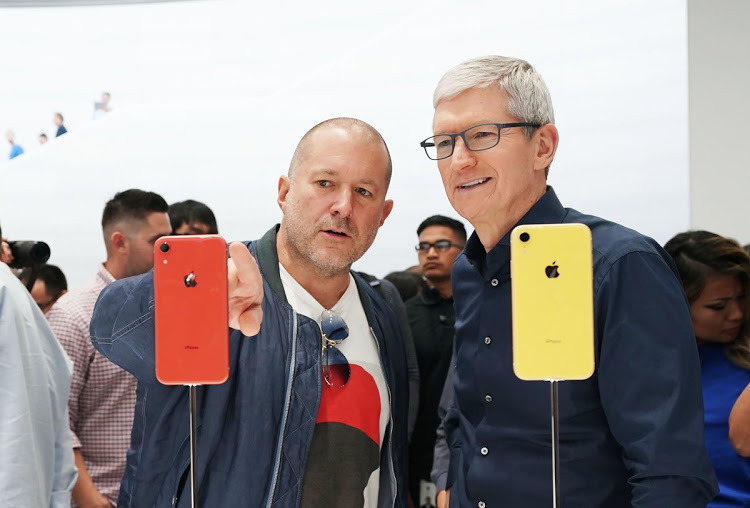
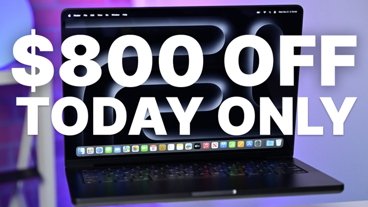
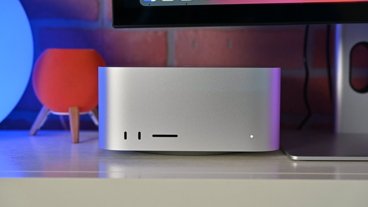
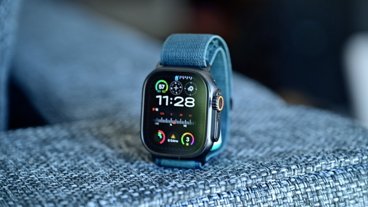
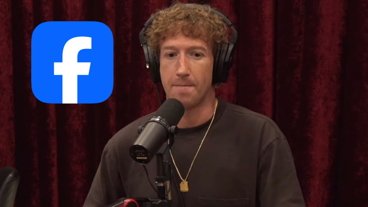
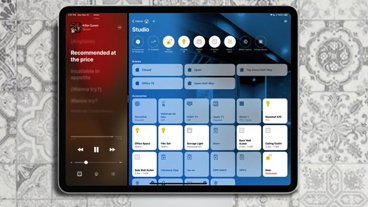
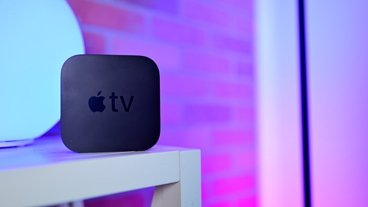
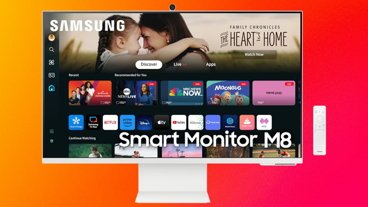
-m.jpg)





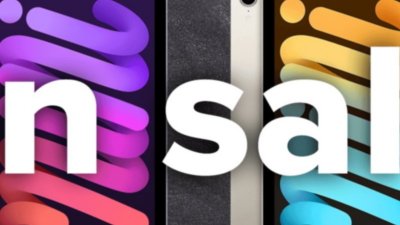
 Christine McKee
Christine McKee
 Andrew O'Hara
Andrew O'Hara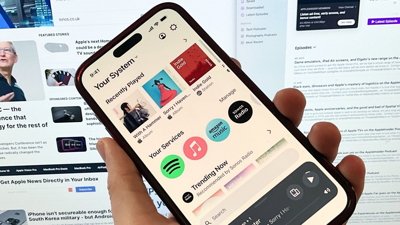
 William Gallagher
William Gallagher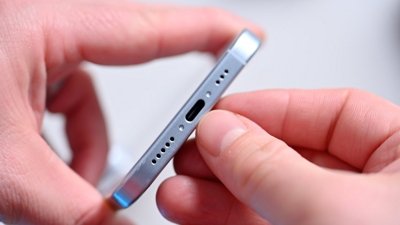
 Malcolm Owen
Malcolm Owen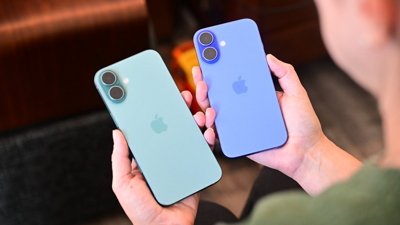
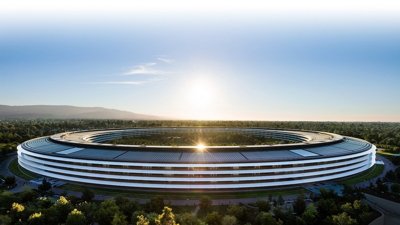
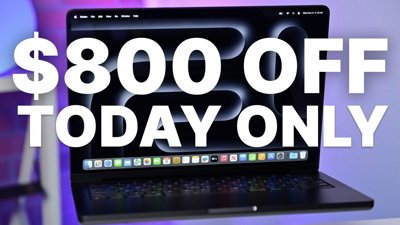
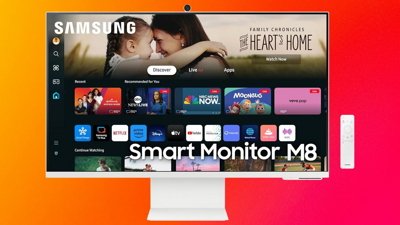
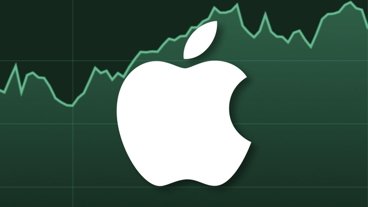
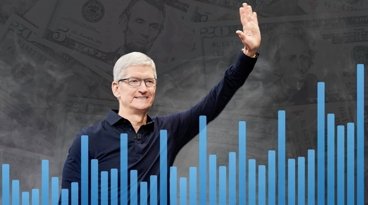
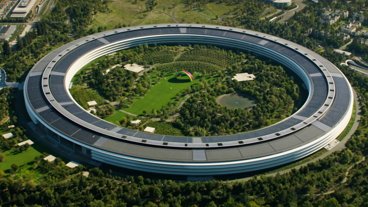







15 Comments
Here's an idea. Why not make some computers that more people can actually afford and try relying slightly less on one product? Apple could do so much more with the Mac and although it's nowhere near the income they've getting from the iPhone, they'll need something solid to fall back on when phones start to become a commodity. Let's face it, the gap between the Chinese phones and the iPhone XS isn't as big as the price difference would suggest. And they're closing the gap all the time, just as Apple is getting really bold about charging. They're leaving SO MUCH room for the Chinese brands to exploit.
Nobody is asking for a $400 MacBook but why not offer a way in with lower specced machine like an updated white plastic MacBook (a bit slower, non-retina, maybe spinning drive) and in a similar way offer a lower-specced version of the Mac mini. These people will move onto the more expensive stuff in time.
When the gloss goes off the iPhone there's going to be a bloodbath.
This Apple stock sell-off seems somewhat fabricated to me. More panic feeds on panic. The panic can be due to conservative guidance or Apple deciding not to be transparent about unit sales, but that doesn't mean Apple's revenue and profits will tank. There's also the additional rumors from component suppliers. None of the rumors have been substantiated. Those mutual funds should be playing a long game so I don't see why they're so worried about a single quarter. As Cramer always says, "Buy Apple and hold it. Don't trade it."
We bought more AAPL during this dip. Anything over 170 was my dream 15 years ago (pre-split taken into account) so it's all just icing on top now.